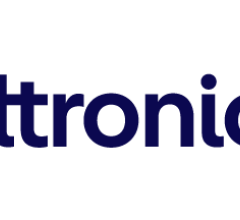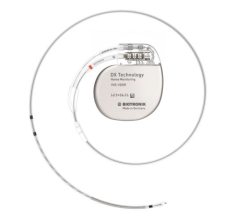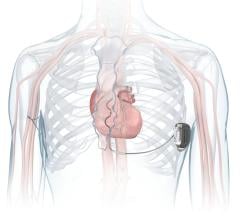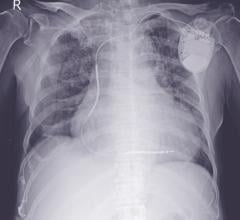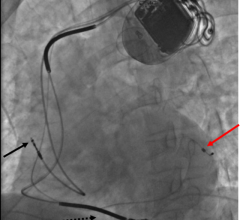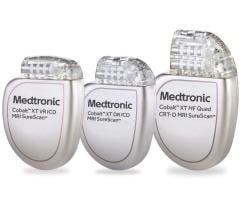The Washington Post reports that while people with implanted cardioverter defibrillators (ICDs) or pacemakers do reap life-saving benefits from shocks to their hearts, these individuals also face unwanted and disturbing jolts when other injury or terminal illness brings them to life’s end. The article by Rob Stein says that the implants can make the act of dying harder, forcing terminally ill patients and families to make wrenching decisions about turning them off.
Nursing staff at ICU units, nursing homes and hospices around the country are encountering scenarios in which the devices subject dying patients to painful jolts, prolonging suffering and traumatizing loved ones as the devices fire fruitlessly. Holding a large magnet next to the patient’s chest is one method of deactivating the device — some nurses have begun carrying a magnet in their pocket as a precaution.
“It can be just awful,” said Porter Storey of the American Academy of Hospice and Palliative Medicine. “The thing will shock them and shock them and shock them. Patients describe it as like being kicked in the chest by a horse. Their muscles convulse. If you are holding their hand you may even feel the electricity. It’s quite jarring.”
The problem, writes Stein, is an example of the consequences of medical technologies proliferating before the ethical, psychological and logistic issues they raise have been resolved.
“When new technologies are introduced, they often come with new concerns and dilemmas,” said Paul S. Mueller, a doctor and ethicist at the Mayo Clinic who has written about the ethics of deactivating the devices. “We often forget about that.”
More than 500,000 Americans — including Vice President Dick Cheney — have ICDs, and the number is rising as at least 150,000 are implanted annually. An additional 4 million patients are medically eligible for an ICD.


 January 13, 2026
January 13, 2026 

